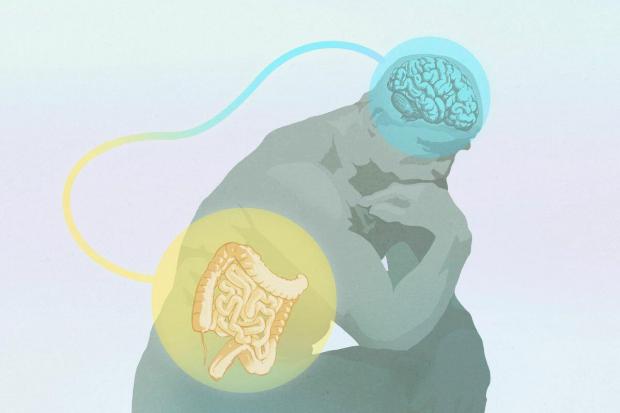
Breaking News
 Ukraine Tentatively Agrees To Trump-Backed Peace Plan, Sending Oil Sliding
Ukraine Tentatively Agrees To Trump-Backed Peace Plan, Sending Oil Sliding
 The #1 Best Way to Burn Inner Thigh Fat & Lose Cellulite
The #1 Best Way to Burn Inner Thigh Fat & Lose Cellulite
 "Agenda 2030: You Will Own NOTHING -- Here's What That Really Means"
"Agenda 2030: You Will Own NOTHING -- Here's What That Really Means"
 The Mystery Of Intuition: Where Gut Feelings Really Come From
The Mystery Of Intuition: Where Gut Feelings Really Come From
Top Tech News
 First totally synthetic human brain model has been realized
First totally synthetic human brain model has been realized
 Mach-23 potato gun to shoot satellites into space
Mach-23 potato gun to shoot satellites into space
 Blue Origin Will Increase New Glenn Thrust 15-25% and Make Rocket Bigger
Blue Origin Will Increase New Glenn Thrust 15-25% and Make Rocket Bigger
 Pennsylvania Bill – 'Jetsons Act' – Aims To Green-Light Flying Cars
Pennsylvania Bill – 'Jetsons Act' – Aims To Green-Light Flying Cars
 New Gel Regrows Dental Enamel–Which Humans Cannot Do–and Could Revolutionize Tooth Care
New Gel Regrows Dental Enamel–Which Humans Cannot Do–and Could Revolutionize Tooth Care
 Researchers want to drop lab grown brains into video games
Researchers want to drop lab grown brains into video games
 Scientists achieve breakthrough in Quantum satellite uplink
Scientists achieve breakthrough in Quantum satellite uplink
 Blue Origin New Glenn 2 Next Launch and How Many Launches in 2026 and 2027
Blue Origin New Glenn 2 Next Launch and How Many Launches in 2026 and 2027
 China's thorium reactor aims to fuse power and parity
China's thorium reactor aims to fuse power and parity
 Ancient way to create penicillin, a medicine from ancient era
Ancient way to create penicillin, a medicine from ancient era
The Mystery Of Intuition: Where Gut Feelings Really Come From

Intuition goes beyond superstition, serving as a sophisticated form of intelligence operating largely beneath conscious awareness.
The phenomenon raises a question that has intrigued scientists, philosophers, and everyday decision makers: Where do gut feelings really come from?
Knowing Without Knowing How
Studies have found that when chess grandmasters are given just five seconds to evaluate a position, they can make accurate predictions despite lacking time for conscious analysis.
Due to the thousands of hours of experience under their belts, their brains can make rapid decisions through pattern recognition, without requiring deliberate thought. This experience, similarly reflected among experts across many fields—doctors, military personnel, and firefighters—points to the possibility that intuition may emerge from a rich substrate of prior experience.
Emma Seppälä, psychologist and science director at Stanford University's Center for Compassion and Altruism Research and Education, told The Epoch Times that in these instances, intuition is "a fast, instinctive form of intelligence that operates separately from our conscious thoughts."
Yet, this kind of intuitive, rapid processing isn't limited to professional skills. Going with your gut may be especially true in complex situations in your own life. Research shows that when people face complex decisions, such as selecting a home or making major life choices, those who focus on their feelings rather than painstakingly analyzing every detail often make better decisions and, perhaps even more importantly, are more satisfied with the outcome.
Kamila Malewska, who studies intuition in managerial decision-making at Pozna? University of Economics and Business, believes intuition is invaluable in situations with multiple alternatives, no clear criteria, insufficient information, and unique problems without precedent.
The Biology of Gut Feelings
We often say we have a "gut feeling," and research now shows the phrase carries both a metaphorical and biological truth.
The gut has what scientists refer to as a "second brain," comprising more than 200 million neurons. These neurons send signals back and forth with the brain through the vagus nerve, forming the gut-brain axis. This system creates a feedback loop that affects how we feel physically and emotionally.



